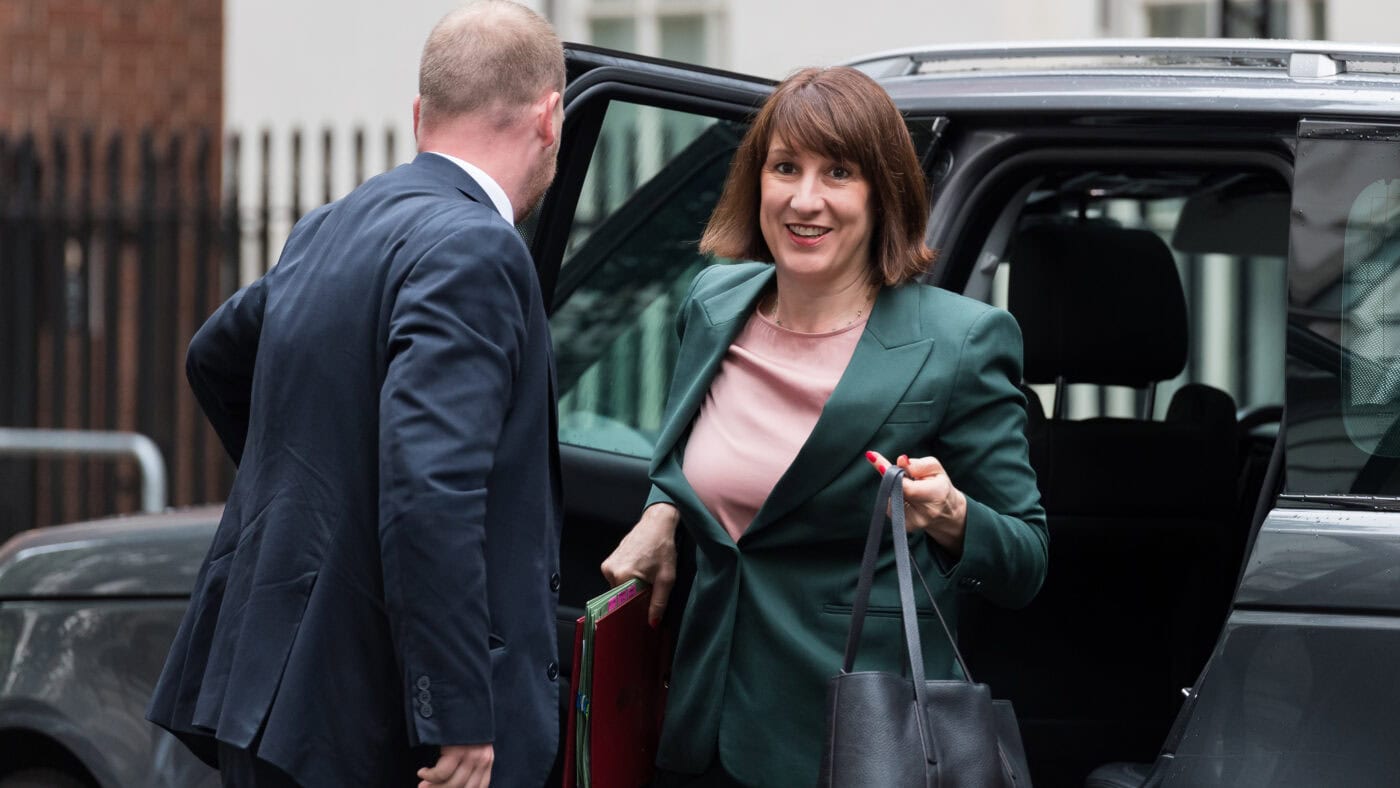As outlined in the Prime Minister’s speech yesterday, the Government’s fiscal situation is very difficult. Labour are, quite predictably and naturally, saying things are even worse than they thought they were in opposition. However, their claim that their economic inheritance is the worst since World War II is clearly absurd – for example, the situation the Tories left in 1974 was so bad that only two years later Labour had to go to the IMF. And the basic outline of the fiscal difficulties this time was clear well before the election.
In the 2023/24 fiscal year, the Government spent 44.7% of GDP and ran a deficit of about 4.5% of GDP. Tax revenues over the previous two years were at their highest level for over four decades, and taxes were scheduled to rise to their highest level since 1969. Over the Parliament as a whole, taxes are scheduled to be at their highest level since 1951. Government debt is about 100% of GDP. Before 2008, government debt had consistently been about 40% of GDP for decades, and never above 50% of GDP since the 1970s.
If the deficit is 4.5% of GDP, GDP growth is about 1% and the interest rates paid on new government debt is about 4%, unless inflation goes well above the 2% target, debt is going to grow relative to GDP. The deficit has to fall.
As we’ve noted, the Tories already scheduled further tax rises, along with some modest spending cuts. Reeves has already – impressively to some right wing commentators – scheduled some further spending cuts (specifically, means-testing winter fuel payments). Tax hikes are also expected.
Will she manage to implement the spending cuts the Tories scheduled, though? Initial signs are mixed. Perhaps the public sector wage demands the Government has acceded to were justified – inflation was very high for some time, eroding many wages. But this is a fiscal cost in an already difficult situation. On the other hand, maybe with the public sector unions on board, the Government could encourage a significant increase in public sector productivity. There should be scope for that, especially in the NHS. Higher public sector productivity would boost the economy and may create scope for some spending cuts or at least spending constraint (not raising spending in line with real GDP growth).
Unless we are going to raise the inflation target (which seems off the table in the short term), there will have to be further spending cuts of some sort. The scope for tax rises is very low, other than on a very short-term basis. That’s not merely because Reeves has ruled out raising taxes on households in various ways. It’s fundamentally because the UK economy has a significant component of highly internationally mobile capital and high-income labour. Raising taxes further on the wealthy will induce that capital and those workers to leave, and tax rises won’t yield the extra revenue hoped.
Now as it happens, Reeves may be lucky enough that she can actually raise taxes on them a bit in the short term. International political instability may mean that the UK, despite having its own difficulties, will be a more comfortable place for the wealthy for a while even if they get taxed more. We may even have seen some of this capital inflow in recent weeks reflected in the strength of the pound.
If she does raise taxes, what might she do? Obviously there’s VAT on private schools, plus some further changes to non-dom rules. There’ll be extra taxes on oil and gas companies. There may be changes to capital gains tax on private equity funds and perhaps in due course a rise in the main rate. There’s talk of a form of planning gain tax – taxing the increased value of agricultural land when it gets zoned for housing. There might be changes to the scope of inheritance tax (though probably not the rate). There could well be extra taxes on the sale of high-value residential property. One area that hasn’t been much discussed for a few years, but could yield significant extra revenues, is the taxation of debt interest.
Whether any of these measures – either those already announced or those to come – will raise as much as Labour hope is debatable, but they’ll have to try, unless they can find further spending cuts. Much may depend on getting enough public sector union buy-in to secure high enough public sector productivity gains that cuts to spending on public services become politically acceptable.
Click here to subscribe to our daily briefing – the best pieces from CapX and across the web.
CapX depends on the generosity of its readers. If you value what we do, please consider making a donation.


